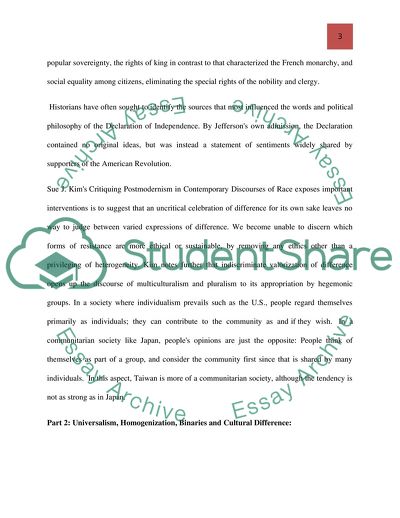Cite this document
(Religion and Theology Global Culture and Ethics Essay Example | Topics and Well Written Essays - 1500 words, n.d.)
Religion and Theology Global Culture and Ethics Essay Example | Topics and Well Written Essays - 1500 words. https://studentshare.org/philosophy/1808351-global-culture-and-ethics
Religion and Theology Global Culture and Ethics Essay Example | Topics and Well Written Essays - 1500 words. https://studentshare.org/philosophy/1808351-global-culture-and-ethics
(Religion and Theology Global Culture and Ethics Essay Example | Topics and Well Written Essays - 1500 Words)
Religion and Theology Global Culture and Ethics Essay Example | Topics and Well Written Essays - 1500 Words. https://studentshare.org/philosophy/1808351-global-culture-and-ethics.
Religion and Theology Global Culture and Ethics Essay Example | Topics and Well Written Essays - 1500 Words. https://studentshare.org/philosophy/1808351-global-culture-and-ethics.
“Religion and Theology Global Culture and Ethics Essay Example | Topics and Well Written Essays - 1500 Words”. https://studentshare.org/philosophy/1808351-global-culture-and-ethics.


